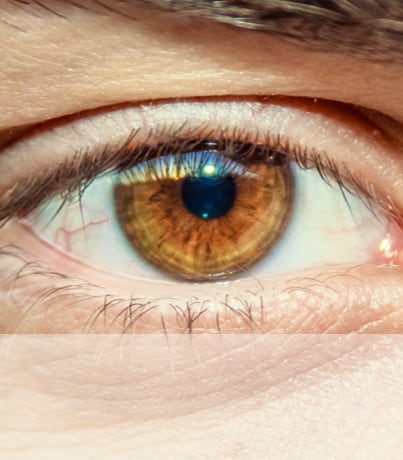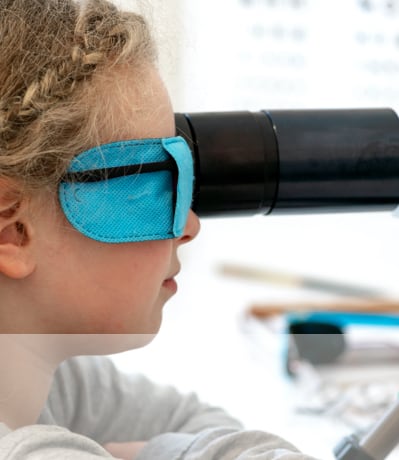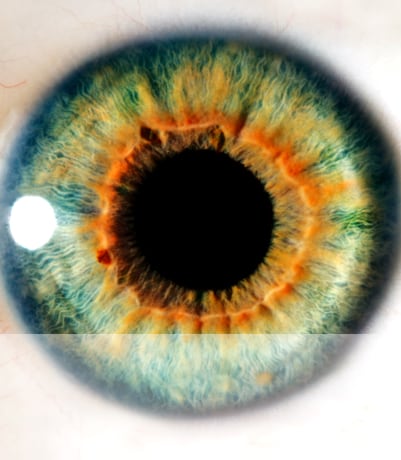Does Astigmatism Get Worse with Age?
Astigmatism is a common vision condition. If you’ve recently been diagnosed with astigmatism or have had it for years, you may be wondering if it will get worse as you continue to age. Astigmatism tends to remain stable throughout your life. You might notice slight shifts in your prescription over time, often linked to natural […]






